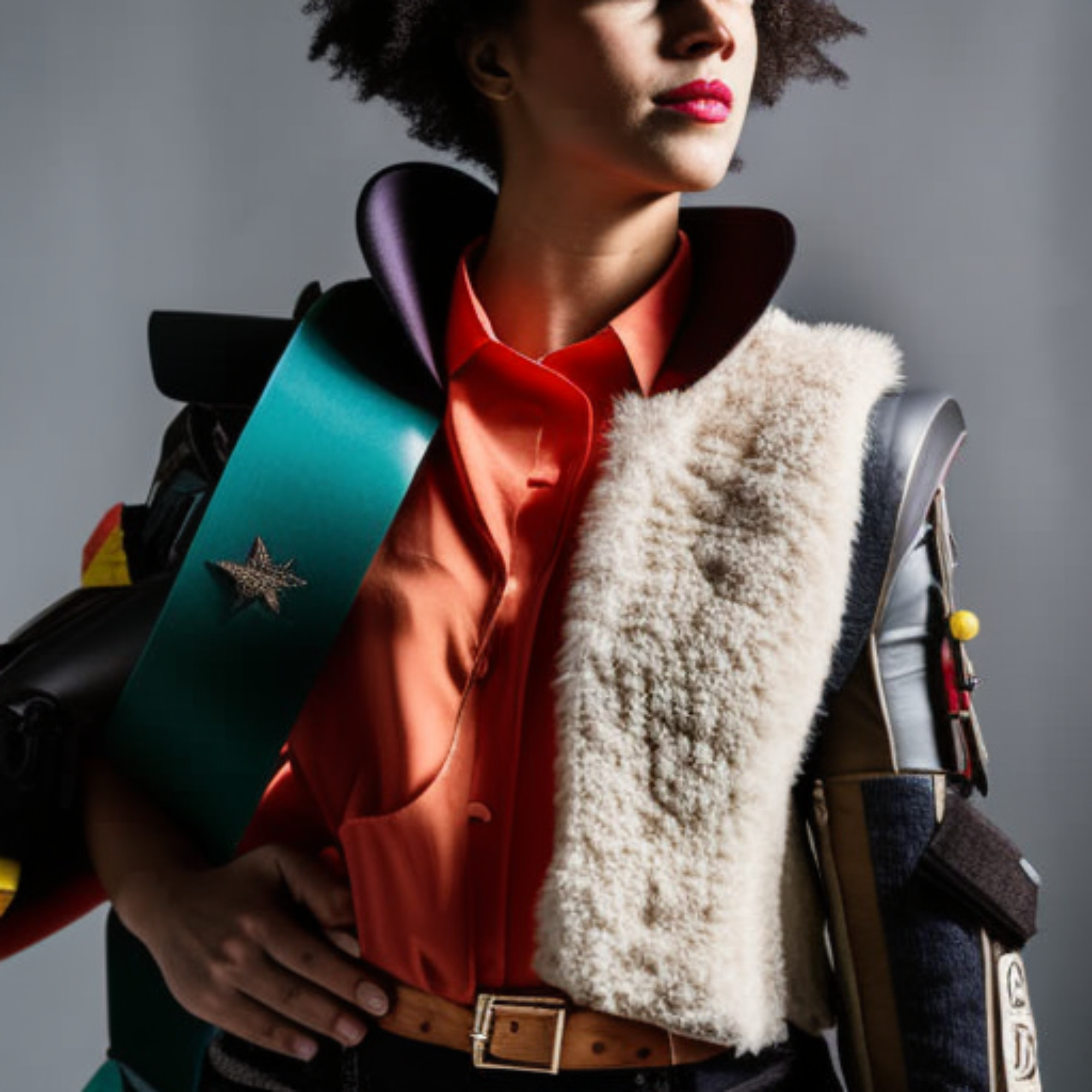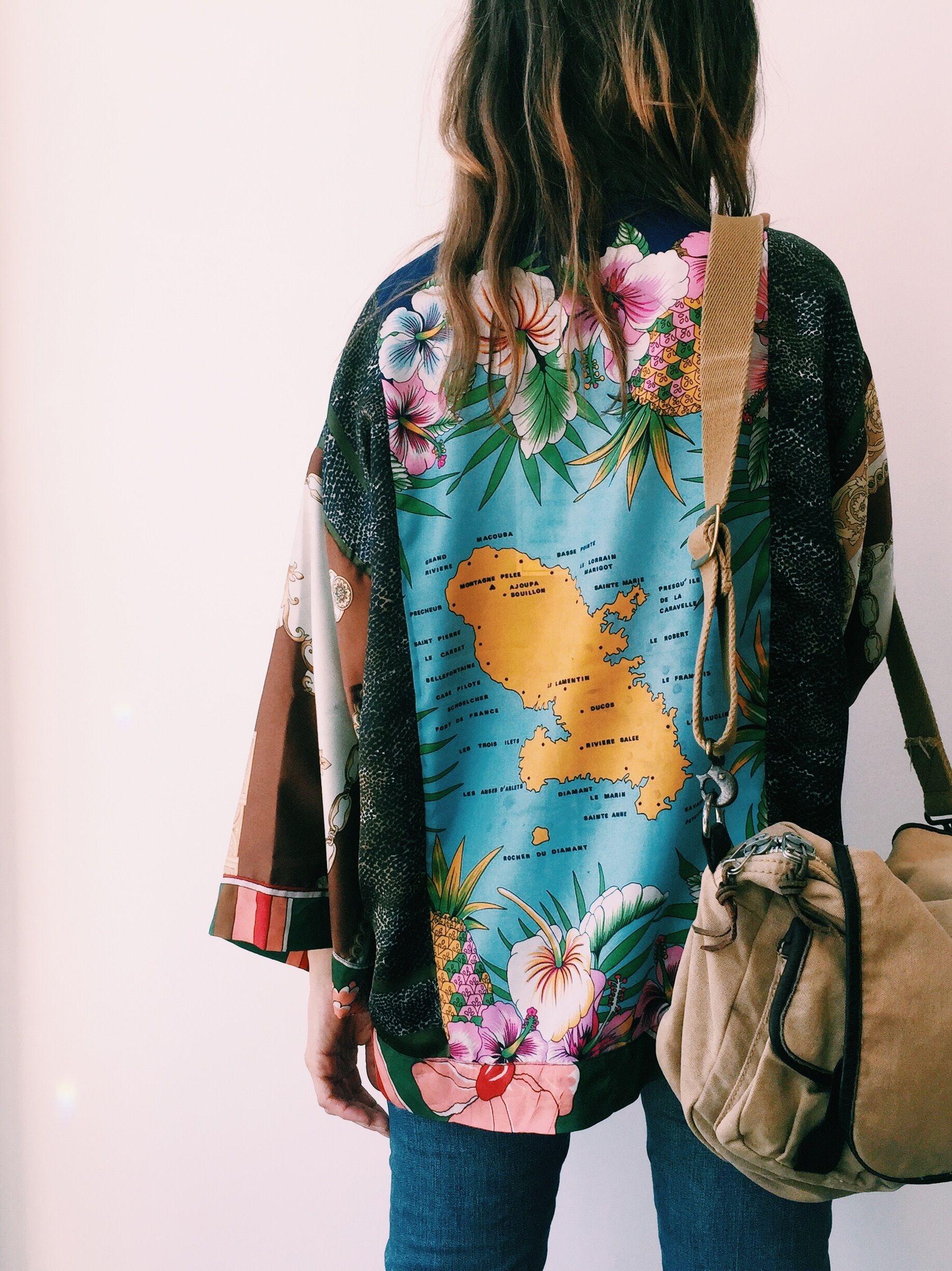As the fashion industry continues to grow, so too does the concern for the environmental and ethical impact of clothing production. Eco-friendly and ethical fashion has become increasingly popular over the years as consumers become more aware of the impact their purchases have on the world around them. In this article, we will explore the history, trends, and challenges of eco-friendly and ethical fashion, as well as popular brands that are leading the way in sustainable and ethical fashion production.
History of Eco-Friendly and Ethical Fashion:
Early pioneers of eco-friendly and ethical fashion include designers like Vivienne Westwood, who introduced her first ethical fashion line in 1989, and Stella McCartney, who launched her eponymous label with a commitment to sustainable and cruelty-free fashion in 2001. Over the years, eco-friendly and ethical fashion has gained popularity as consumers become more aware of the environmental and ethical impacts of clothing production.
Popular Eco-Friendly and Ethical Fashion Trends:
Sustainable materials are becoming more popular in fashion, with materials like bamboo, hemp, and organic cotton gaining popularity as sustainable alternatives to traditional cotton. Recycled and upcycled fabrics are also becoming more popular, with designers using materials like recycled plastic bottles and repurposed vintage fabrics to create new and unique fashion pieces. Vegan leather, made from materials like mushrooms or pineapple leaves, is also gaining popularity as a more ethical alternative to traditional leather.
Eco-Friendly and Ethical Fashion Brands:
Popular eco-friendly and ethical fashion brands include Patagonia, which has a commitment to ethical production and environmentally sustainable materials, and Everlane, which is known for its transparent pricing and ethical production practices. These brands have gained popularity in part because of their commitment to sustainable and ethical production practices, as well as their stylish and fashionable designs.
Challenges of Eco-Friendly and Ethical Fashion:
One of the challenges of eco-friendly and ethical fashion is the cost. Sustainable and ethical production practices often come at a higher cost, which can make these fashion pieces more expensive than traditional fashion pieces. Availability can also be a challenge, as eco-friendly and ethical fashion may not be as widely available as traditional fashion.
Conclusion:
In conclusion, eco-friendly and ethical fashion has become increasingly popular over the years as consumers become more aware of the impact their clothing choices have on the environment and society. Sustainable materials, recycled and upcycled fabrics, and vegan leather are just a few of the popular trends in eco-friendly and ethical fashion. Popular brands like Patagonia and Everlane have gained popularity in part because of their commitment to ethical and sustainable production practices. While cost and availability can be challenges for eco-friendly and ethical fashion, the benefits of sustainable and ethical fashion production far outweigh the challenges.












